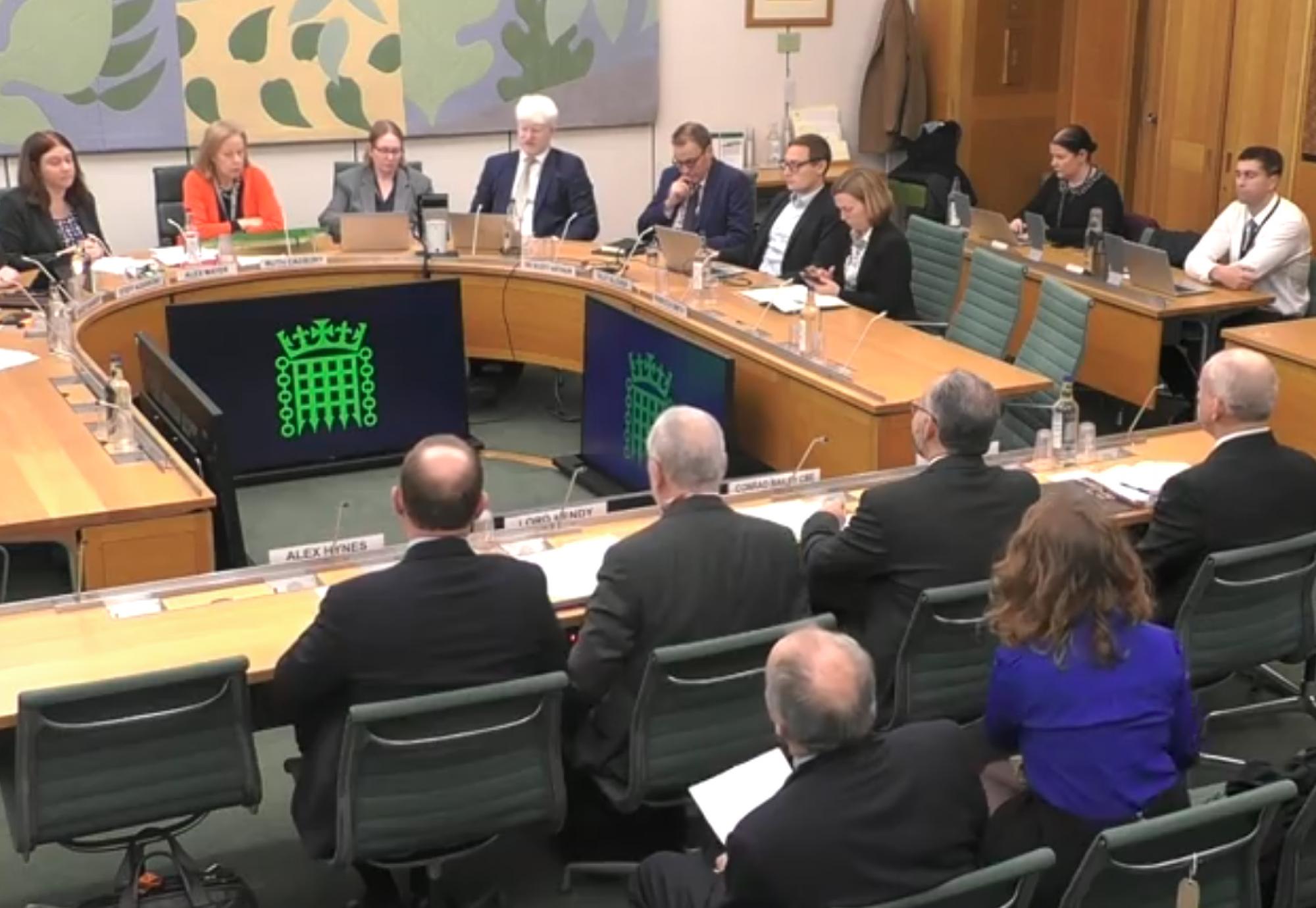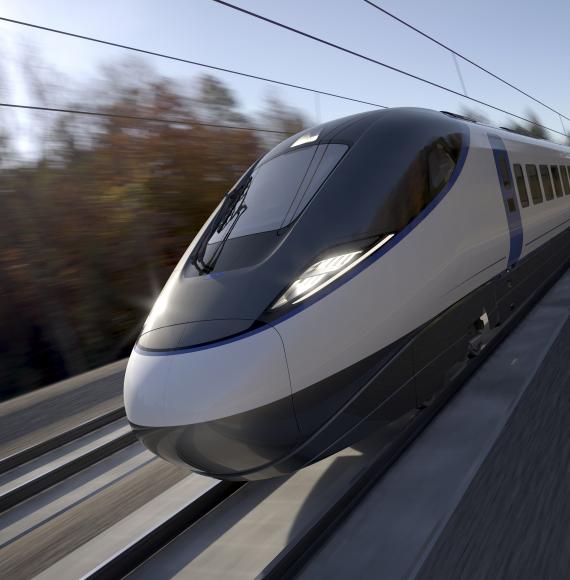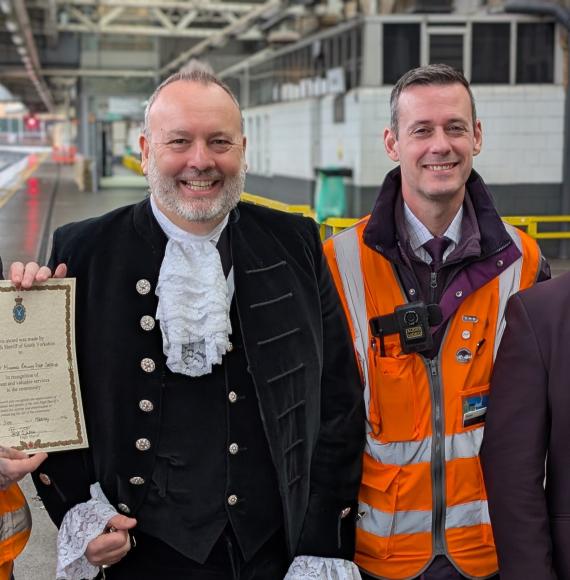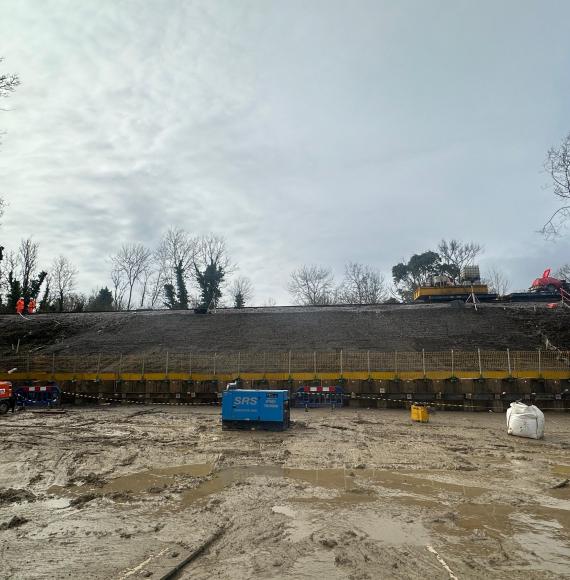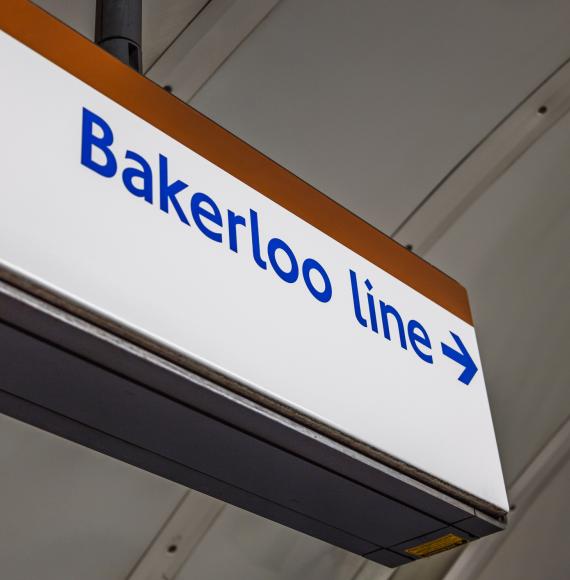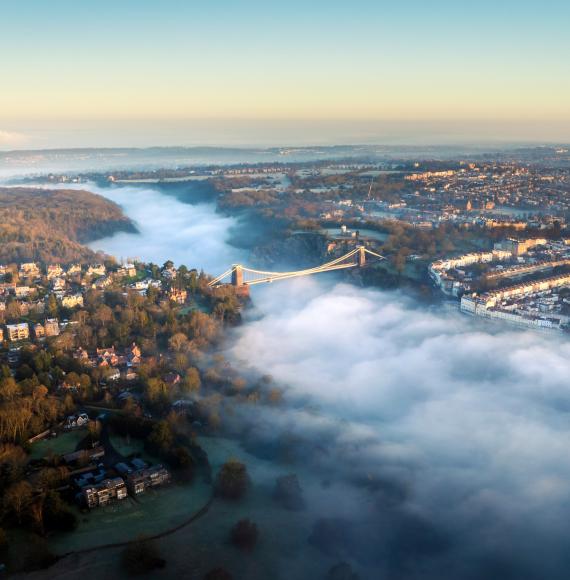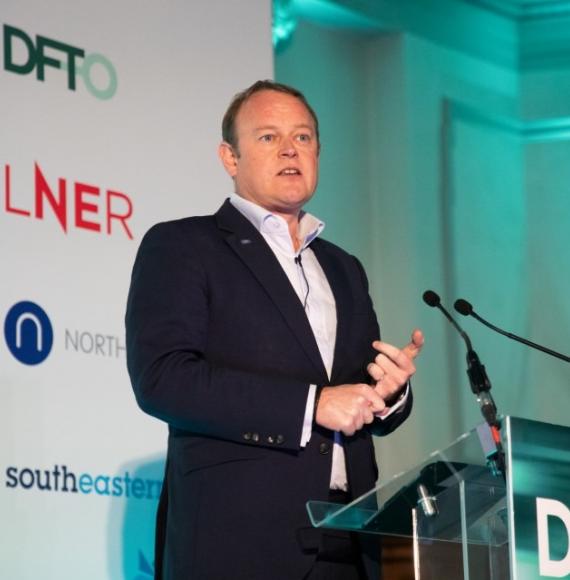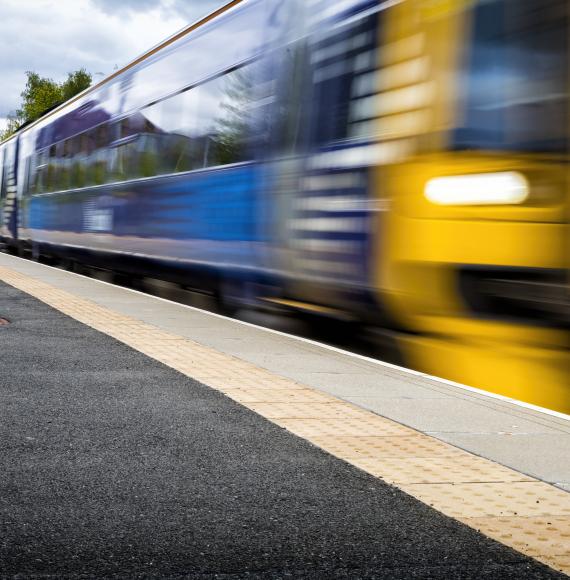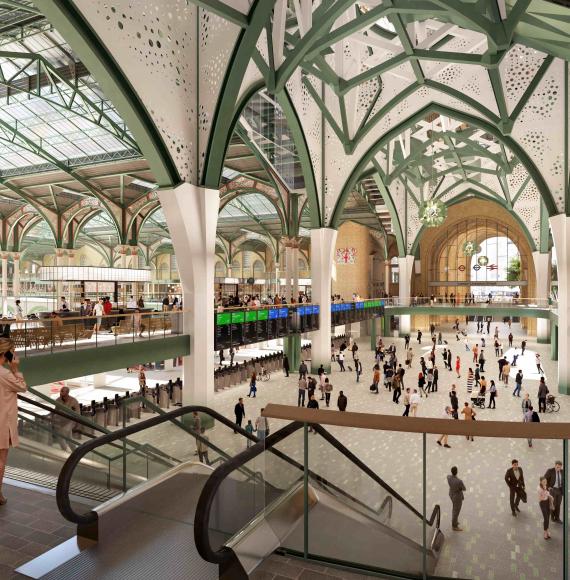In an evidence session with the Transport Committee yesterday, key figures from the UK's rail sector, including Lord Hendy of Richmond Hill, Alex Hynes and other senior officials, discussed the current state and future of the High Speed 2 (HS2) project. This session provided critical insights into the challenges and opportunities facing HS2, particularly in light of recent developments and strategic shifts.
The Current State of HS2
Lord Hendy emphasised the urgent need to bring Phase One of HS2 under control. This phase, which runs from London to Birmingham, has faced significant challenges, including cost overruns and delays. The appointment of Mark Wilde, known for his successful management of the Crossrail project, as the new CEO of HS2 Ltd, marks a pivotal step towards stabilising the project. Wilde's task is to ensure that Phase One is completed on time and within budget, a goal that has eluded the project thus far.
Ministerial Scrutiny and Strategic Shifts
The session highlighted a renewed focus on ministerial scrutiny. Lord Hendy and the Secretary of State for Transport are committed to providing the oversight necessary to steer HS2 back on track. This includes regular reviews and a hands-on approach to managing the project's complexities. The lack of such scrutiny in recent years has been a contributing factor to the project's difficulties.
Euston Station: A Key Component
The development of Euston Station is a critical aspect of HS2's success. The integration of HS2 with the existing Network Rail station and the London Underground is essential for maximising passenger convenience and operational efficiency. The session revealed that significant progress has been made in developing a comprehensive plan for Euston, which includes commercial development opportunities around the station. This integrated approach aims to create a seamless travel experience for passengers and leverage private sector investment to offset some of the capital costs.
Future Phases and Regional Connectivity
The discussion also touched on the future of HS2 beyond Phase One. While the previous government abandoned Phase Two, which would extend HS2 to Manchester and beyond, there is a clear recognition of the need for additional capacity north of Birmingham. The mayors of Greater Manchester and the West Midlands have proposed a more practical and cost-effective approach to extending HS2, focusing on incremental improvements and better integration with the existing rail network. Lord Hendy said “Some of the aspects of the work done, on the proposal between Birmingham and Manchester look to us to be far more practicable. But I don't think we can consider it without A fixing phase one and B, doing a wider piece of work about how a new railway infrastructure contributes to the economy of the Midlands and the North of England. And that's the context in which we'll have to take it forward”
Maria Machancoses, Chief Executive of Midlands Connect, said: “I welcome the commitment to deliver HS2 Phase One at pace and under careful scrutiny.
“This is a complex project, which will better connect communities and businesses, and also attract further investment into our region, delivering economic growth and greater opportunities. A renewed focus on its delivery is good news for the Midlands and beyond.
“It is equally important to renew our efforts in securing the delivery of improved regional connectivity from our key economic hubs to HS2 stations, and to maximise any released capacity from Phase 1. We are also supporting the approach to develop proposals north of Birmingham, and at Midlands Connect we will work collaboratively with Government to maximise those opportunities.”
Addressing Capacity and Economic Growth
One of the primary motivations behind HS2 is to address the capacity constraints on the UK's rail network. The West Coast Mainline, in particular, is expected to face significant capacity issues in the coming decades. HS2 is seen as a vital solution to these challenges, providing the necessary infrastructure to support economic growth and regional development. The Transport Committee session underscored the importance of a long-term, strategic approach to rail infrastructure, one that balances immediate needs with future growth.
The Transport Committee's evidence session provided a comprehensive overview of the current state and future prospects of HS2. With renewed ministerial oversight, strategic leadership, and a focus on integration and capacity, HS2 has the potential to transform the UK's rail network. However, achieving this vision will require careful management, significant investment, and a commitment to overcoming the challenges that have plagued the project thus far. As HS2 progresses, it will be crucial to maintain this momentum and ensure that the project delivers on its promise of enhanced connectivity and economic growth.
Image credit: Parliament TV

